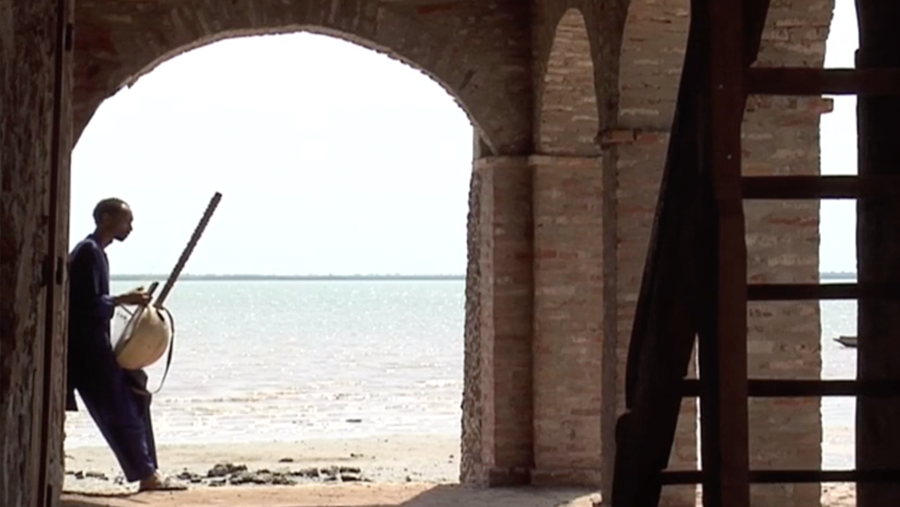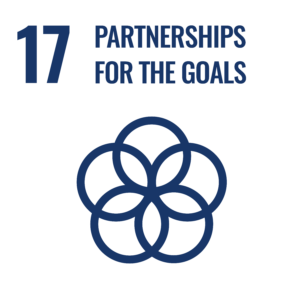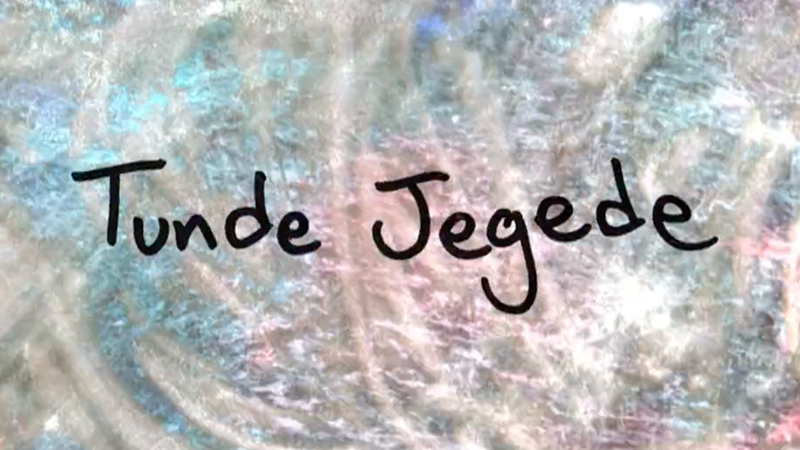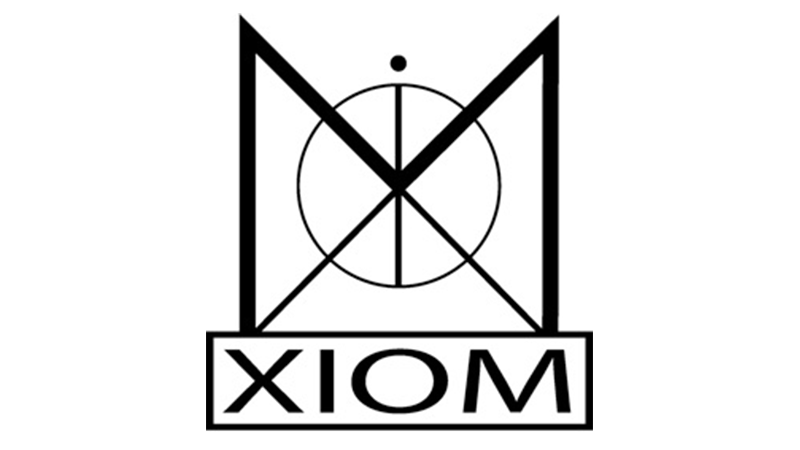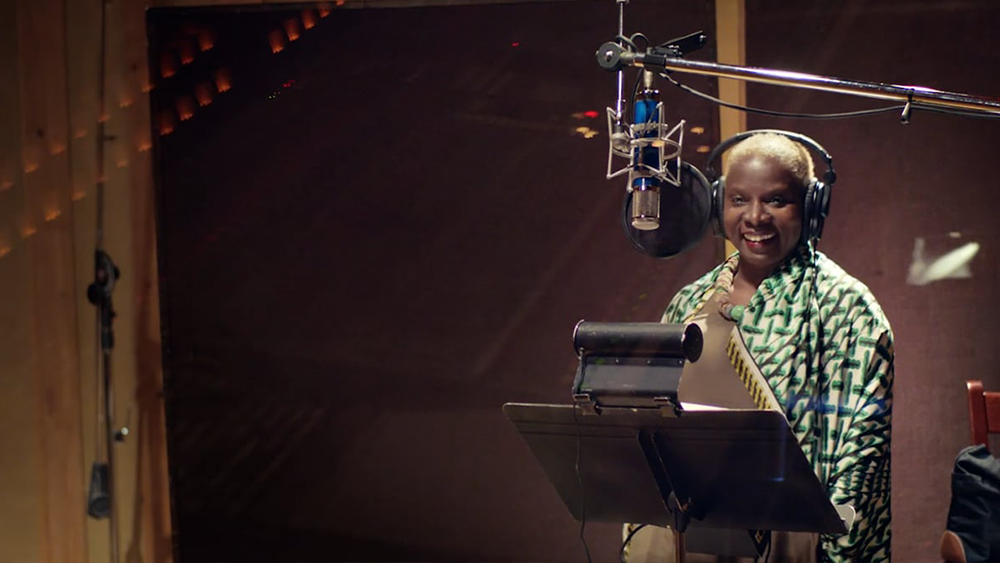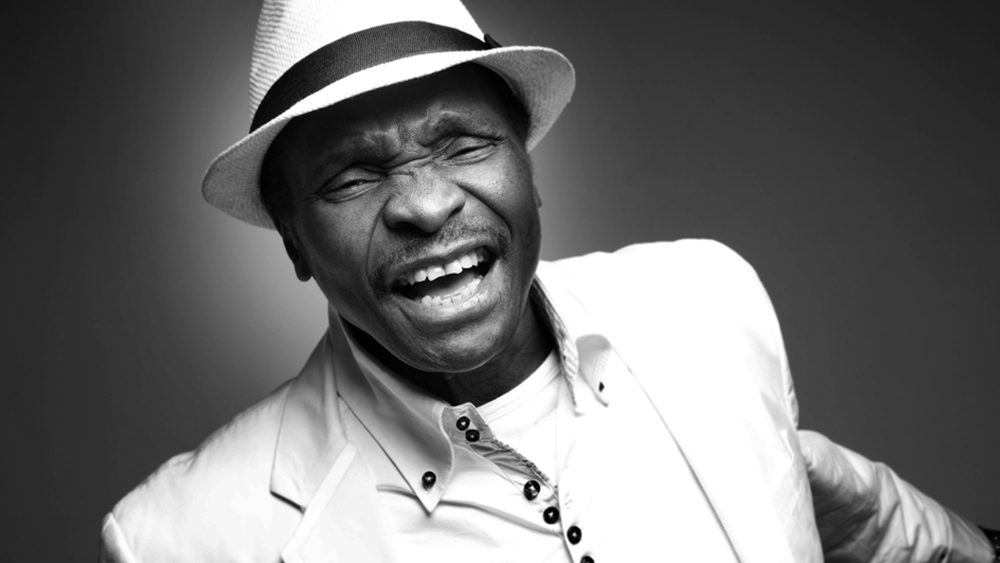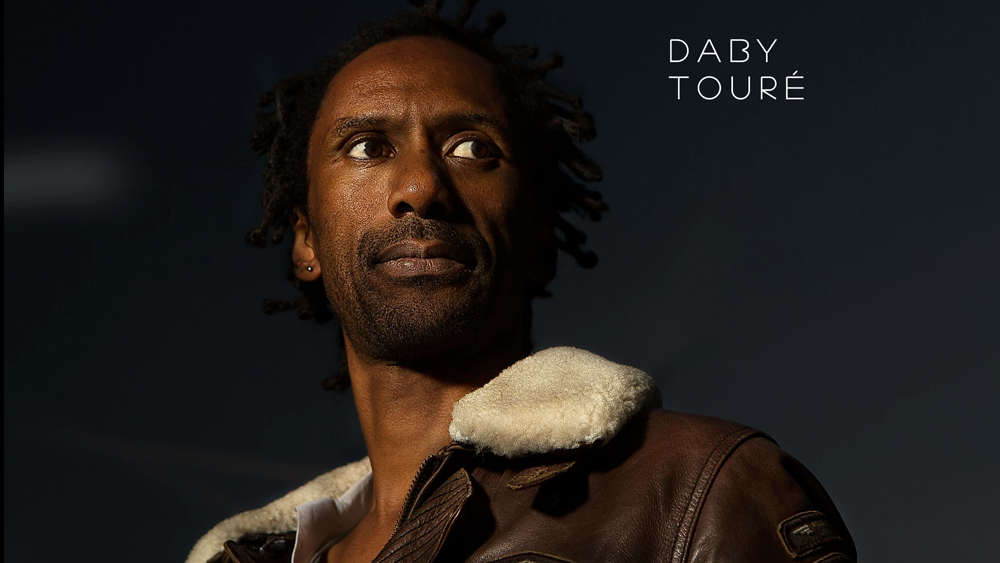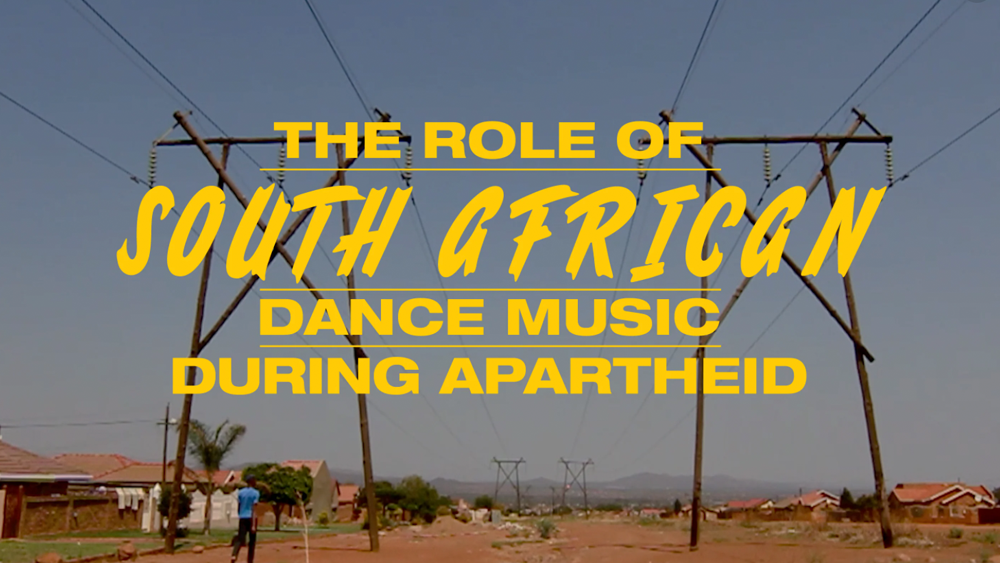Everything that I do has to have purpose
Truth & Art - A World-renowned composer, producer, cellist and kora virtuoso
Tunde Jegede has been described as a 21st century renaissance man, a modern griot and the living embodiment of a cultural archive. He’s also been described as a visionary and listening to his music, one feels that Tunde’s vision bridges not only continents and cultures but also the past and the future, expressing itself in the present.
The artist is a totem for his people, a testament to cultural legacy.’ He retraces the path between worlds as truth reveals itself through ancestral memory.
Sunara Begum

IA: You have been described as a 21st century renaissance man, a modern griot and the living embodiment of a cultural archive. You’ve also been described as a visionary – where does your vision come from, the past or the future?
TJ: My worldview comes from the present, past and future. The timelines that divide these states of being are relative. In the present we carry the past with us. The future is shaped by the present and the past within us. The people that have influenced us, shared parts of our journey, are integral to our memory. For me there is not such a separation between the three.
IA: Classical music is largely seen as coming from the West, yet is it said that all knowledge is indigenous knowledge – What has your journey into Africa revealed to you about this?
TJ: Knowledge is manifold and layered. It is the window through which we can see antiquity, our own beginnings and evolution. It is innate. My journey to The Gambia as a child to study music taught me much more than just an art form. It was a cultural revelation. It affected my worldview, the concept and function of sound, music and vibration. To understand the journey of Western classical music in the wider story of classical music one must look at history holistically and not just from an arbitrary date around 1550. When you unfold the page back a little further you start to see the interlacing and interconnection of classical music and the African and Eastern worlds.

IA: What does the kora and the cello represent to you?
TJ: The kora is my window into the world of African music and the instrument of this cultural memory and transcendence. The cello is my voice in European classical music and the sound of melancholy.
IA: We’ve read that you learned to play the kora and the cello completely separately for years before bringing them together in your music, can you tell us about that choice? And what if anything did it mirror in your personal evolution?
TJ: The two traditions and schools of learning were so different in their methodology and form that there was no obvious connection in my early days of study. The two paths seemed worlds apart. It was less a choice by me, than accepting a reality that was facing me. Recognising difference is an important stage, yet being able to celebrate that difference is even more important. Things do not need to be the same to co-exist. Eventually there is a need for the artist/musician to harmonise and bring together all he/she has learnt and this process is what allowed me to explore plurality of forms, genres etc. which in turn brought me to composition as an outlet to bring together all the elements that I loved most in music.
IA: What do you feel are the most important/ valuable tools or elements in your ensemble/ soul /psyche with which to create music?
TJ: Music is a reflection of our soul at a given moment. It penetrates deep into the essence of our spirit, psyche and long-term memory. It is the language of truth and the communication between artists is one that draws on our primordial past. When musicians are really talking there is an almost telepathic understanding of what must be. For, the music is already written and we are simply tapping into it.
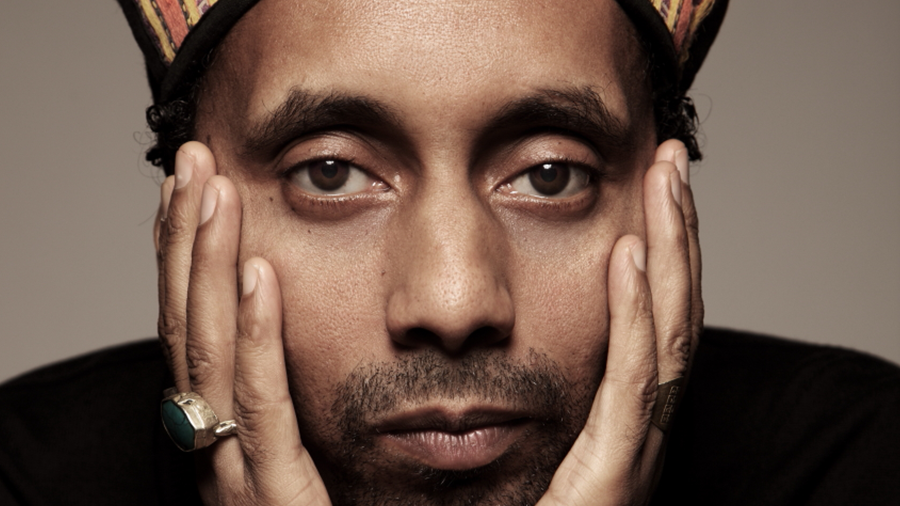
IA: It has been written about you that ‘Tunde’s music reflects his complete harmony with his Western and Nigerian background’ – do you feel that? Can there ever be complete integration in oneself or one’s art or does some tension and conflict have to remain in order for you to create?
TJ: We strive for harmony, for balance but I am not sure we ever fully achieve it. Sometimes it is the quest, the journey itself, rather than the arrival that marks the creative impulse. I was born into a double heritage, like so many others, and had to slowly make sense of this. Who we are, or who we think we are, often shifts with time as we grow. In the West I am a ‘black’ man. In Nigeria I am a ‘white’ man. But my reality lies outside of these binaries of convenience. Our identity is much more complex and fluid than we think and ‘race’ is a modern construct for social aims and agendas. I embrace all of my heritage as I embrace all of my life journeys. Our time on this earth is so temporary that it is hard to say how much is really solid and real. We cannot always solve the conflicts and tension that are in our life cycle so we have to accept them as part of the narrative and submit to the light that gives us strength to rise up through them. Somewhere in here lies the motivation to create and make art.
IA: You speak about the fine balance to maintain integrity in two or more traditions at once, how do you approach or maintain this?
TJ: The ability to maintain integrity in two or more traditions is a continual search. One is always having to re-touch base with each tradition just as one practises an instrument. I do this by maintaining relationships with other artists who live in those worlds and listening to them and their experiences. I believe we learn by listening. This is a key component in the oral tradition with the transmutation of knowledge by ear. It is also one that I fear is being lost in a society that is dominated by talking, information and communicating by those without knowledge.
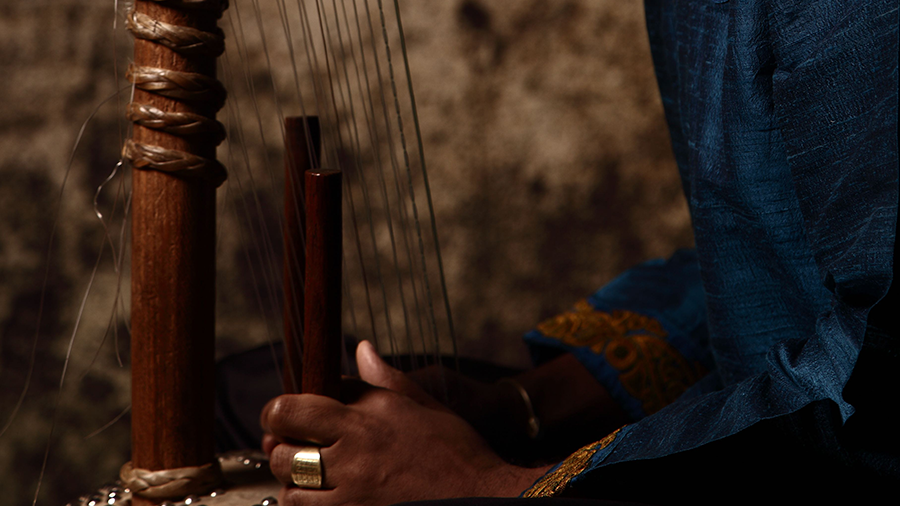
IA: How would you describe what you do?
TJ: I try to act as a mirror to other possibilities of being through the music and the art that I make. I reflect the artistic sensibilities of those who have gone before me for the generation to come and hope it will serve as a reminder of who we are and where we are going.
IA: What is music a bridge to for you?
TJ: Music is a bridge to other dimensions of our reality. It has the power to transport us to other realms both within and without. It is the medium with which we can heal ourselves spiritually, culturally and psychologically.
IA: How important is innovation and evolution of music and its tradition? And if so, why?
TJ: Innovation and evolution are critical in any tradition as they keep it alive and insure its continuity. Renewal gives birth to regeneration, a necessary ingredient, for repetition without understanding leads to the death of a tradition. But, in seeking for the development of tradition it is also important to know what this truly means. Modernisation does not always mean evolution. To know how to move forward you must know how you got here. Just adding beats to kora music does not make it modern and hardly innovative. The motion for progression must always come from within by drawing deeper. There are no short cuts. The idea of moving forward really depends on how you see yourself.
IA: What role do you feel the gift of music can play for young people today, globally?
TJ: I think music gives young people a sense of self. It shows them their true potential and gives them a unique vehicle for expression. It has the power to transform lives and I have seen this all over the world from UK to Nigeria, from USA to the Indian Sub-continent. It immediately acts as a cohesive bond to bring familiar and disparate people together.
IA: When you think of Africa today, what comes to mind?
TJ: When I think of Africa today I think of a continent of complexities. I have beautiful memories of my years in Lagos, Bamako and The Gambia. I remember musical nights, artistic sharings, discourse and reasonings, an expanse of ideas. I also remember daily bureaucratic frustrations, incessant traffic and fumes, and superficiality in pursuit of the notion of foreign dreams. The pulse of urban cities and remote villages, the danger of speeding highways and forest paths leading to the river.
IA: Is it important to you to carry this tradition of memory, legacy, heritage and culture to a new generation?
TJ: The tradition will lose all its relevance if it does not speak to and through the new generation. You do not have to replicate the past to acknowledge it. It is how it lives on in you and the work that you do. Legacy is simply the positive affirmation of our shared past. Our collective heritage. Memory protects us from the unseen ravages of social and cultural amnesia. It allows us to reconnect with ourselves and understand our place in the world. A generation with no cultural values is a lost generation. One that loses its functionality.
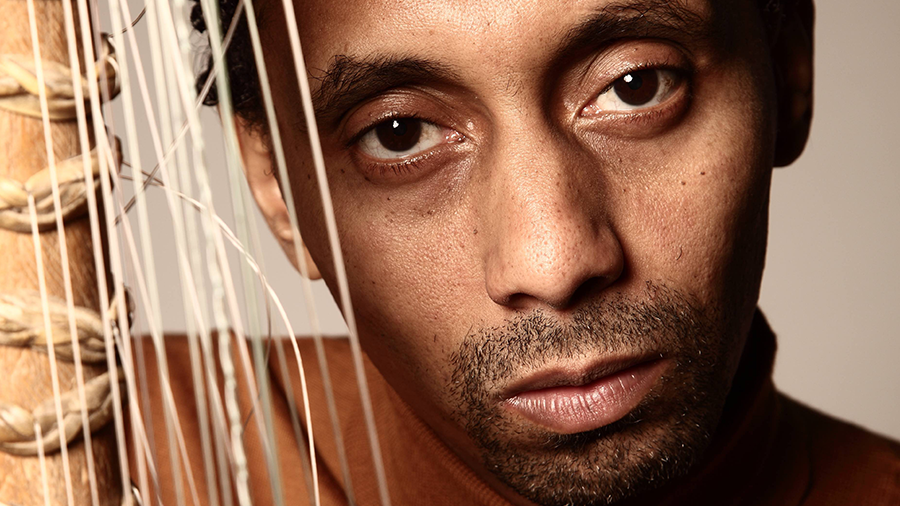
IA: How are you presently doing this?
TJ: I was appointed Artistic Director of the MUSON Centre in Lagos, Nigeria and whilst living there for four years I worked with a new generation of young talented Nigerian musicians and singers. This led to me establishing a new music and arts festival, New Horizons, and a music education programme for the students alongside professional International artists. Out of this festival grew two new initiatives, the Art Ensemble of Lagos, which included soul and jazz singers and musicians, and the NOK Orchestra, which included young Nigerian classical musicians. Both of these groups have recorded albums and have since toured internationally.
In The Gambia I set up Living Legacies, an online cultural archive for the young musicians and singers of Gambia and West Africa. It features archival performances of master griots of the past alongside contemporary performances of traditional music by the new generation filmed on location by Sunara Begum. It is hoped that the Living Legacies Music Archive will act as a resource for emerging artists of The Gambia. It also serves as a reminder of the rich legacy that they are directly a part of and come from.
IA: Where to from here?
TJ: Having just had, over the last two months, an unexpected period of time to reflect, I am now looking to develop my written work to compliment my musical ideas. The source of my creativity is always the same so it is simply about realigning and re-orientating this to another form of creation. Since the conception of my first album, Lamentation, I have constantly seen my music as a literary audio-visual experience and wanted to pull out the literary aspect. As a child I wrote poetry and many of my songs have drawn on this body of work for their lyrical inspiration. I am currently working on a book of poetry that will pool together my poems from childhood to the present day – a testimony to my journey.
